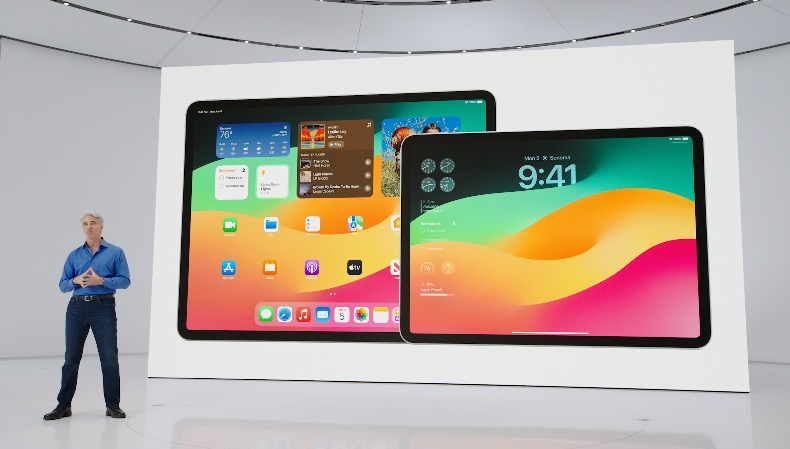
Apple Turns to Samsung After Dropping Chinese Memory Chip Supplier Over Trade Restrictions

Apple has decided to source NAND flash memory chips for iPhones from Samsung Electronics after it had to scrap plans to buy from Chinese chipmaker Yangtze Memory Technologies (YMTC) last month due to U.S. trade restrictions, according to a report from DigiTimes (via MacRumors).
Samsung is a market leader in the NAND flash space, producing some of the best memory chips available. YMTC’s chips aren’t nearly as advanced as Samsung’s, but they’re significantly cheaper on account of being government-subsidized.
Apple was planning to start sourcing 128-layer 3D NAND flash memory chips from YMTC as early as this year for the internal storage on iPhone 14 units headed to the Chinese market. The tech giant was also considering eventually sourcing up to 40% of its NAND flash supply for iPhones from the Chinese memory maker.
Unfortunately, Apple’s plans came to a grinding halt when the White House placed YMTC on its list of “Unverified” companies last month. Back in September, U.S. lawmakers warned Apple against using YMTC memory in its devices.
U.S. companies are banned from sharing any designs, technologies, documents, or specifications with companies on the Unverified List. YMTC could be added to the export control blacklist by December, restricting all trade between the semiconductor manufacturer and U.S. companies, if it doesn’t provide the necessary information to the U.S. government.
What’s more, the U.S. Department of Commerce is investigating YMTC for potentially violating export controls by trading with Huawei.
It looks like all of the NAND flash orders for 2023 that Apple originally planned to give to YMTC will now go to Samsung. The South Korean company has reportedly also offered price cuts and output bumps for inclusion into the iPhone memory supply chain.
As geopolitical tensions between the U.S. and China rise, Apple is looking to diversify its supply chain beyond the Asian superpower. Switching over to Samsung will also help relocate a chunk of Apple’s iPhone supply chain that would have otherwise gone to China.

